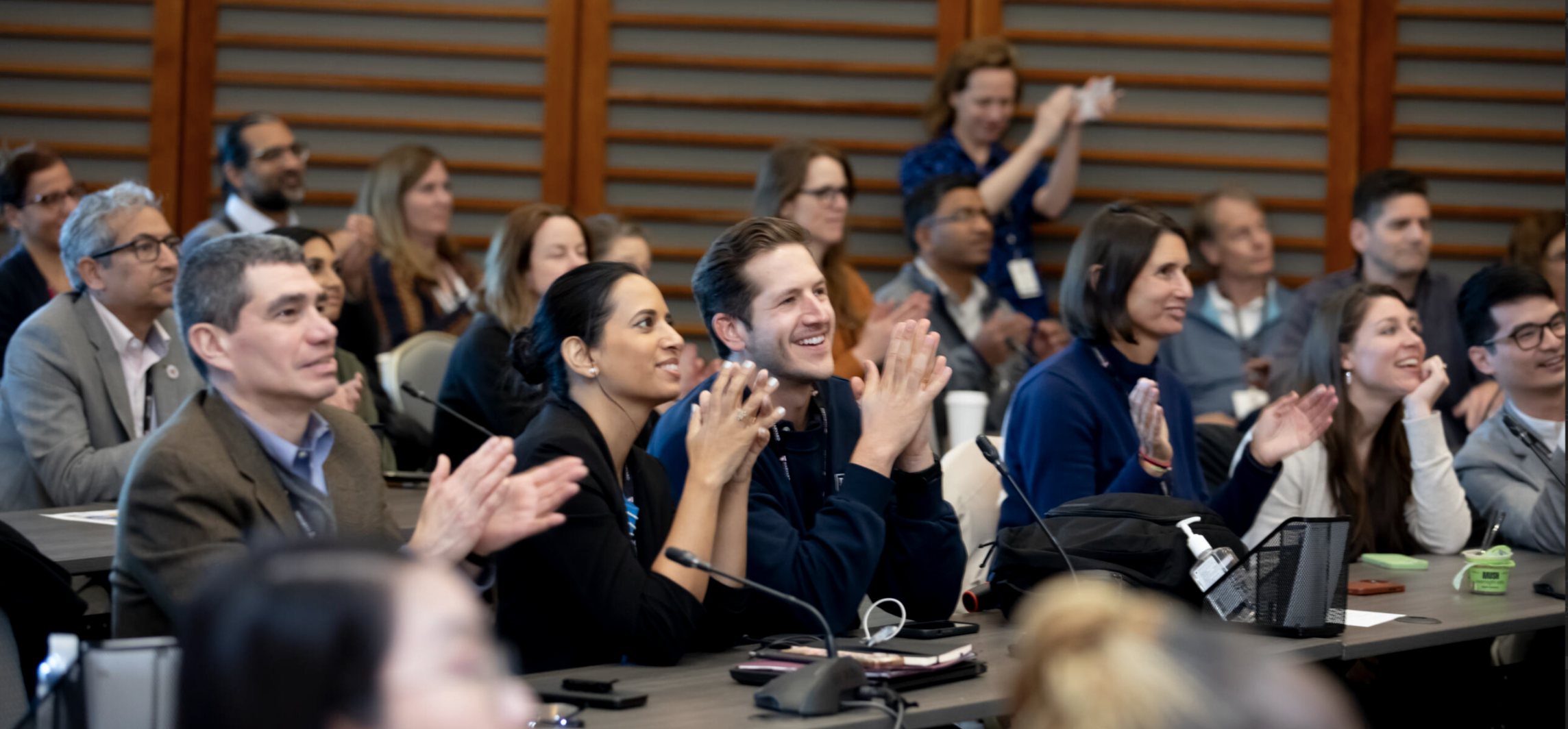Program for Educators in Health Professions
2025-2026 Program Dates
Fall session:
Monthly Continuity Sessions:
December 10, 2025
January 14, 2026
February 11, 2026
March 11, 2026
April 8, 2026
Spring session:
- Evaluate and apply evidence-based teaching strategies to enhance adult learning
- Strategically design and implement effective curricular changes that anticipate and adapt to evolving educational needs
- Utilize leadership techniques that foster a culture of acceptance and readiness for change
- Develop and implement strategic plans for sustainable educational innovation within institutions
- Assess and report the impact of educational innovation, using insights to guide future advancements
- Reflect on one’s career path and professional development, embracing lifelong growth and adaptability as an educational leader
The goal of the Harvard Macy Institute Program for Educators in Health Professions is to enhance the professional development all clinicians including but not limited to:
- Physicians
- Nurses
- Nurse Practitioners
- Veterinarians
- Dentists
- Surgeons
- Physicians Assistant
- Occupational Therapist
Physicians
Nurse Practitioners and Registered Nurses
For the purpose of recertification, the American Academy of Nurse Practitioners Certification Board and American Nurses Credentialing Center accept AMA PRA Category 1 Credit™ issued by organizations accredited by the ACCME (Accreditation Council for Continuing Medical Education). We would also suggest that learners check with their state licensing board to ensure they accept reciprocity with AMA PRA Category 1 Credit™ for re-licensure.
The National Commission on Certification of Physician Assistants (NCCPA) states that AMA PRA Category 1 Credits™ are acceptable for continuing medical education requirements for recertification. We would also suggest that learners check with their state licensing board to ensure they accept reciprocity with AMA PRA Category 1 Credit™ for re-licensure.
Canadian Accreditation
The Royal College of Physicians and Surgeons of Canada recognizes conferences and workshops held outside of Canada that are developed by a university, academy, hospital, specialty society or college as accredited group learning activities.
The American Medical Association (AMA) has an agreement of mutual recognition of continuing medical education (CME) credit with the European Union of Medical Specialties (UEMS). Additional information regarding this agreement may be found here: https://www.uems.eu/areas-of-expertise/cme-cpd/eaccme
ABMS/ACGME Competencies
IOM Competencies
Disclosure Policy
Adam Rodman
Monica Higgins, MBA
Kathleen McCartney Professor of Education Leadership
Harvard Graduate School of Education
Cambridge, MA

